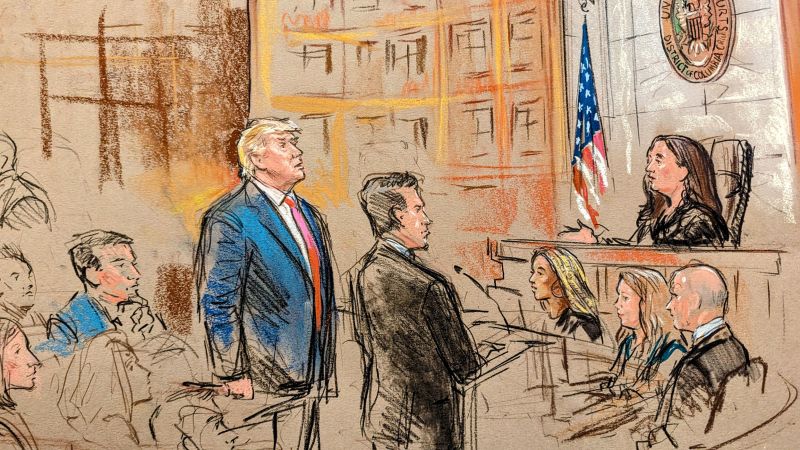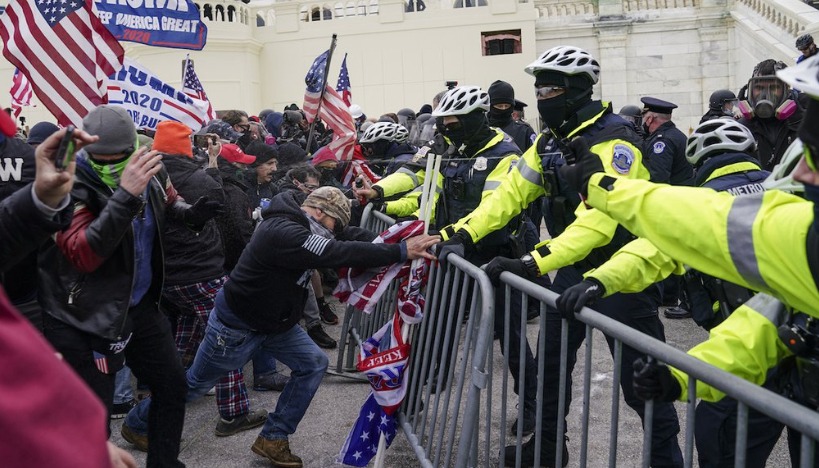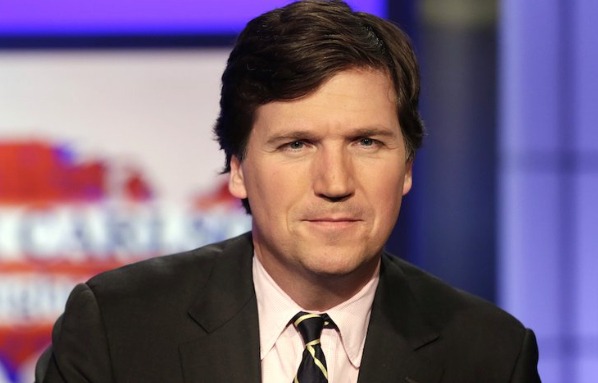Former President Donald Trump has pleaded not guilty to charges related to his alleged role in subverting the 2020 presidential election. This is not the first time Trump has faced legal trouble, as he has already been federally charged for mishandling classified documents and for his involvement in a hush-money payment to Stormy Daniels. However, this latest indictment is the most significant, with Trump facing four counts, including conspiring to defraud the government and obstructing an official proceeding.
The significance of this moment should not be overlooked. By refusing to accept the legitimacy of the election and actively trying to overturn the results, Trump put our democracy in grave danger. The Department of Justice’s decision to seek this indictment, along with the one involving Trump’s handling of classified documents, breaks with the precedent set by former President Gerald Ford when he pardoned Richard Nixon for any crimes he may have committed in the Watergate scandal. Ford’s pardon was intended to heal the nation, but it ended up polarizing the country even further.
Ford’s pardon set a precedent that limited the federal government’s willingness to take action against a former president, resulting in an increase in presidential power over the years. This has been evident in subsequent administrations, such as Ronald Reagan’s Iran Contra Scandal and George W. Bush’s expansion of the national security apparatus after 9/11.
However, Special Counsel Jack Smith is now challenging Ford’s precedent by making the case that prosecutorial action against a former president is legitimate. In the case of Trump’s attempt to overturn the 2020 election, accountability is vital to protect the stability of our democracy.
While the outcome of the trial and its impact on Trump’s political standing remains uncertain, the decision to charge him should not be solely based on his political fate. Instead, we need to consider how we can better hold presidents accountable, both present and former. This week’s decision has the potential to be a turning point in US history, nearly 50 years after Ford’s controversial pardon of Nixon.
In conclusion, the indictment of Donald Trump is a significant moment in our nation’s history, highlighting the importance of accountability and the need to reinstate the guardrails on presidential power. It is a necessary step towards protecting our democracy and ensuring that no one, not even a former president, is above the law.
Title: The Game-Changing Indictment: Trump’s Unprecedented Reversal of a 50-Year Precedent
Introduction:
In a move that has sent shockwaves through the political landscape, former President Donald Trump has made history by breaking a 50-year precedent of post-presidential immunity. The indictment of a former president is an unprecedented event in American history, marking a significant turning point in the nation’s legal and political landscape. This article delves into the implications of this game-changing indictment and its potential ramifications for future presidents.
Background:
For the past five decades, the unwritten norm of post-presidential immunity has shielded former presidents from criminal prosecution for actions taken while in office. This tradition, rooted in the belief that a former president should be allowed to move on from their time in office without the constant threat of legal repercussions, has been a cornerstone of American democracy. However, Trump’s indictment has shattered this long-standing precedent, raising questions about the limits of presidential power and the accountability of those who hold the highest office in the land.
The Indictment:
The indictment of Donald Trump stems from a series of investigations into his alleged involvement in various financial improprieties, including tax evasion, fraud, and money laundering. While these investigations were initiated during his presidency, they gained significant momentum after he left office. The indictment represents a significant departure from the traditional understanding that a sitting president cannot be indicted, as it challenges the notion that a former president should be immune from prosecution for actions taken while in office.
Implications for Presidential Power:
Trump’s indictment has far-reaching implications for the balance of power between the executive branch and the judicial system. By subjecting a former president to criminal charges, the indictment challenges the notion that the presidency grants immunity from legal consequences. This development may serve as a deterrent for future presidents, reminding them that their actions while in office can have long-lasting legal ramifications.
Presidential Accountability:
The indictment of a former president also raises important questions about the accountability of those who hold the highest office in the land. While impeachment has historically been the primary mechanism for holding presidents accountable, it has proven to be a challenging and politically charged process. Trump’s indictment demonstrates that even after leaving office, presidents are not above the law and can be held accountable for their actions.
Legal Precedent:
Trump’s indictment sets a new legal precedent that future courts and prosecutors will undoubtedly consider. While it remains to be seen how this precedent will be interpreted and applied in the future, it opens the door for potential legal actions against other former presidents. This development could reshape the way the American legal system deals with presidential misconduct and may lead to increased scrutiny of the actions of those who hold the highest office.
Conclusion:
The indictment of former President Donald Trump represents a game-changing moment in American history. By breaking a 50-year precedent of post-presidential immunity, Trump’s indictment challenges the traditional understanding of presidential power and accountability. This landmark event will undoubtedly shape the legal and political landscape for years to come, as future presidents grapple with the potential consequences of their actions while in office. As the nation moves forward, it is crucial to reflect on the implications of this indictment and ensure that no one, regardless of their position, is above the law.








